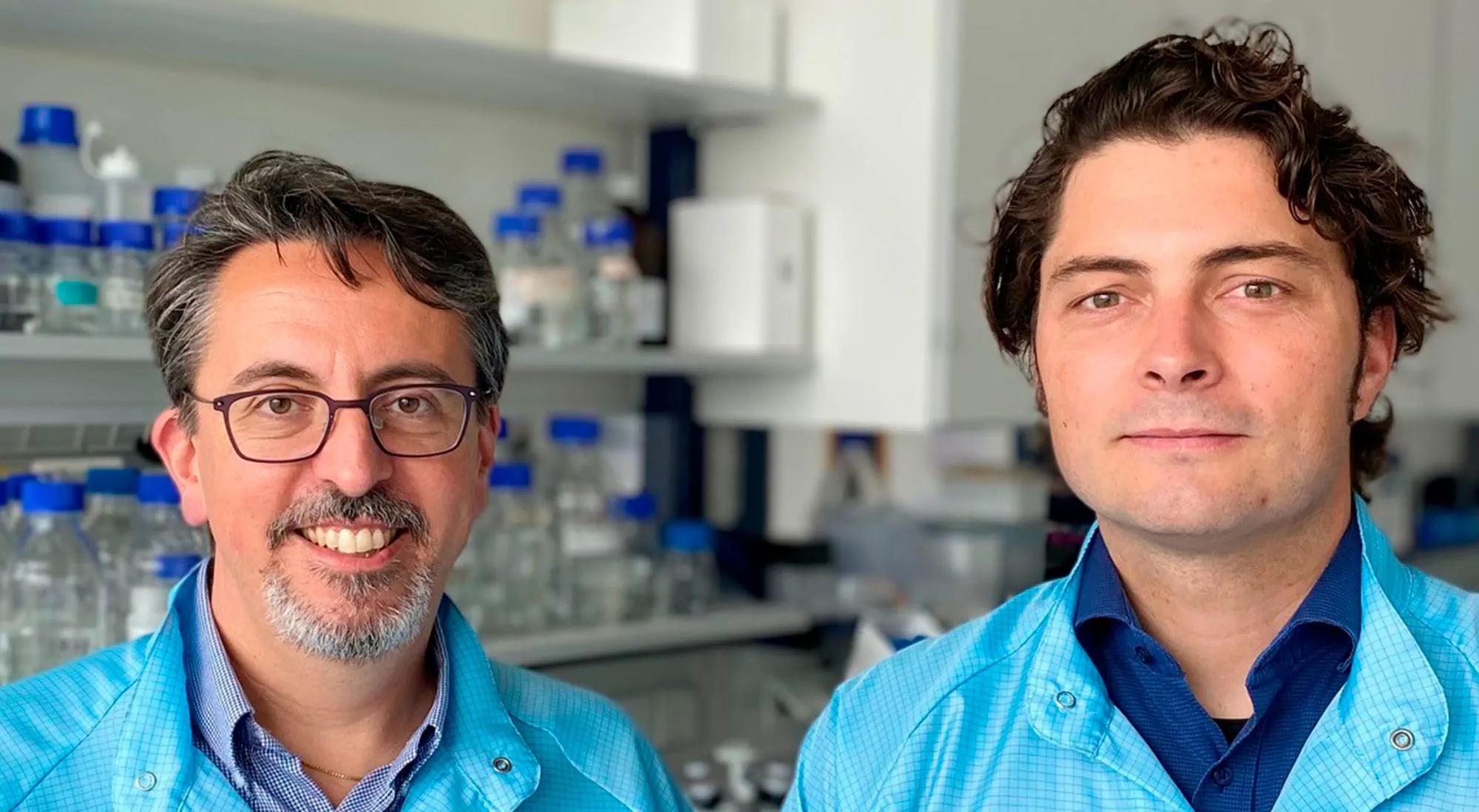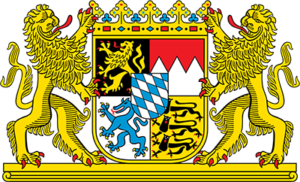A nucleic acid chemistry cluster to shape Germany’s R&D future
The Munich-based biotech start-up Eisbach Bio in the Biotechnology Innovation and Start-up Center is a member of the winning C-NATM cluster.
October 2022

© IZB
Prof. Dr. Andreas, CSO and Dr. Adrian Schomburg, CEO Eisbach Bio GmbH (f.l.t.r.)
“Eisbach Bio GmbH will contribute its proprietary R&D expertise to the network and develop novel nucleic acid-based therapies for oncology.”
Dr. Adrian Schomburg
CEO Eisbach Bio GmbH
The cluster C-NATM has emerged as one of the 7 winners in the Clusters4Future competition funded by the German Federal Ministry of Education and Research (BMBF). “Eisbach Bio GmbH will contribute its proprietary R&D expertise to the network and develop novel nucleic acid-based therapies for oncology”, explained Dr. Adrian Schomburg, managing director of Eisbach Bio.
The C-NATM network led by Prof. Dr. Thomas Carell and Prof. Dr. Stefan Engelhardt aims to develop new drugs and next generation vaccines based on nucleic acids to cure currently untreatable diseases. Recent discoveries in the field of mRNA vaccines, but also in the field of chemical biology, epigenetics and nucleic acid therapies, now give hope that nucleic acids and related molecules have therapeutic potential as new “weapons” in the anti-viral, anti-cancer and immune modulation field. The cluster includes leading academic and industrial partners. Together, they will develop highly innovative therapeutics in the field of nucleic acid chemistry. Alongside with Roche, Eisbach is committed to support the network over a period of at least 3 years. Eisbach Bio GmbH’s expertise in drug discovery and development to address nucleic acid-modifying molecular machines for antitumor therapy makes the company an ideal industrial partner for the ambitious project at the interface of chemistry and medicine.
Eisbach Bio exploits the innovative therapeutic concept of synthetic lethality in tumor cells and develops small molecule inhibitors for the personalized therapy of cancer
The Biotech Start-up is a LMU spin off established in January 2019 on the Großhadern-Martinsried campus. Eisbach exploits the innovative therapeutic concept of synthetic lethality in tumor cells and develops small molecule inhibitors for the personalized therapy of cancer in genetically defined patient groups, including for indications with no therapeutic options. Cancer genomics has revealed tumor-specific genes that cancer cells critically depend on for survival. By targeting these molecular vulnerabilities, Eisbach’s inhibitors hit the Achilles heel of tumors, effectively eliminating cancer cells with minimal side effects, while healthy cells remain largely unharmed. Eisbach has developed a proprietary screening and development platform that specifically identifies allosteric inhibitors of these tumor-essential molecular machines, generating efficacious drugs with limited toxicity.
14 future clusters in total are Germany’s innovation networks of the future
The German federal Clusters4Future initiative seeks to bring innovations to market. To ensure that Germany remains in the top group of innovation leaders, the BMBF launched an ambitious program to establish several regional R&D clusters that catalyze the existing research cooperation between leading academic institutions and industry.
The fourteen future clusters in total are Germany’s innovation networks of the future. Their aim is to find suitable solutions for the major challenges of our time. The topics are as diverse as the winners’ concepts: neuromorphic hardware for autonomous systems, personalized cell and gene therapy processes, sustainable marine research, quantum technology, new approaches to drug discovery and development, as well as hydrogen fuel technologies. To this end, universities, research institutions, companies, social and other relevant players in the regions have joined forces, sharing exclusive knowledge with each other and pooling their expertise into joint R&D activities.



